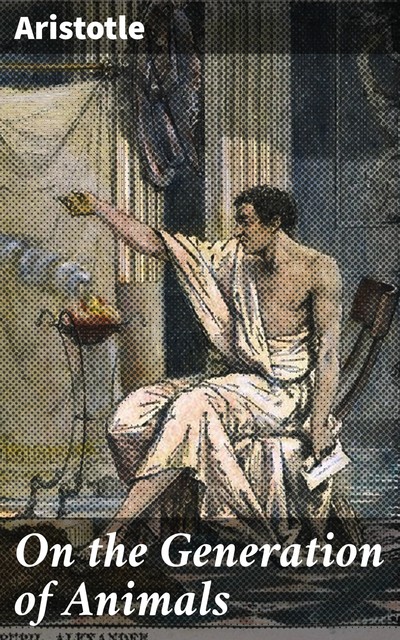In “On the Generation of Animals,” Aristotle delivers a profound exploration of reproductive processes and the development of life forms, intertwining empirical observation with philosophical inquiry. Employing a systematic and analytical literary style, Aristotle meticulously categorizes various modes of generation, from oviparity to viviparity, and delves into the roles of form and matter in the essence of living beings. This work not only contributes to the natural sciences but also reflects the Aristotelian commitment to categorization and causation, emblematic of his broader philosophical paradigm, bridging metaphysics and biological observation in a way that would influence generations of thinkers. Aristotle, a towering figure of ancient Greek philosophy, was shaped by his unique experiences as a student of Plato and later as a teacher at the Lyceum. His extensive studies of nature, ethics, and metaphysics led him to investigate the biological underpinnings of life. “On the Generation of Animals” stands as a testament to his dedication to observing the natural world with rigor, driven by an insatiable curiosity that highlighted the interplay of biology and philosophy throughout his life. This foundational text is essential for modern readers who seek to understand the origins of biological thought and the evolution of scientific inquiry. It intricately reveals Aristotle's innovative approach, inviting readers to appreciate the depth of his observations and their lasting impact on both philosophy and biology, making it a must-read for anyone interested in the intersections of life, science, and thought.


